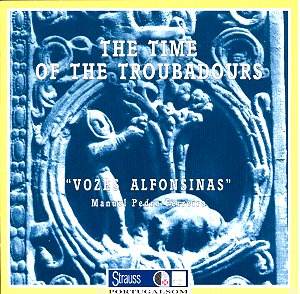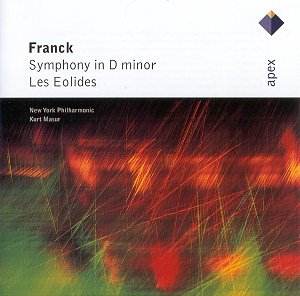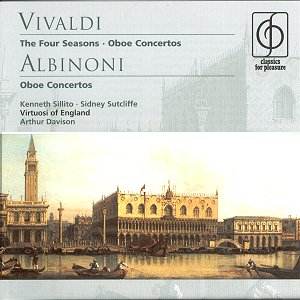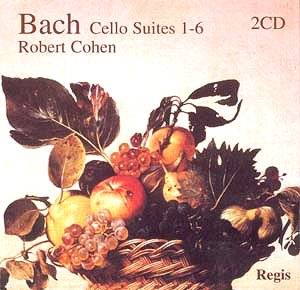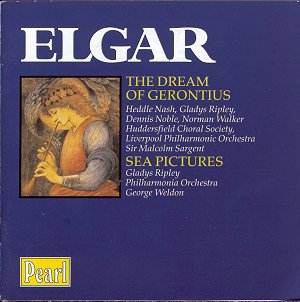 Composer: Edward Elgar
Composer: Edward Elgar
Works: The Dream of Gerontius; Sea Pictures
Performers: Heddle Nash, tenor; Gladys Ripley, contralto; Dennis Noble, baritone; Norman Walker, bass; Huddersfield Choral Society; Liverpool Philharmonic Orchestra; Philharmonia Orchestra; conducted by Malcolm Sargent and George Weldon
Recording: April 1945 (Gerontius); 1946 (Sea Pictures)
Label: Pearl Gems 0128 [2 CDs 113.20]
Elgar’s The Dream of Gerontius stands as a monumental work in the choral-orchestral repertoire, an ambitious exposition of spiritual struggle that reflects the composer’s deep religious convictions. Written in 1900, this oratorio encapsulates a soul’s journey through death and judgment, exploring profound themes of faith, redemption, and transcendence. The current release, featuring the celebrated performances of Heddle Nash, Gladys Ripley, and others under the baton of Malcolm Sargent, captures not only the historical significance of this recording but also its enduring emotional resonance, making a strong case for it as the definitive interpretation of Elgar’s masterpiece.
The performance itself is nothing short of revelatory. Sargent’s conducting is characterized by a remarkable command of both the orchestral forces and the choral textures, achieving a perfect balance between the grand architectural design of the work and the intimate emotional moments. His acute perception of rubato transforms the orchestral fabric into a living entity, propelling the music forward while allowing for moments of reflective stillness. The clarity with which he delineates the orchestral lines is particularly striking, allowing the listener to appreciate the intricate counterpoint that underpins Elgar’s score. The Liverpool Philharmonic Orchestra, one of the finest ensembles of its time, delivers a performance marked by precision and expressivity, showcasing the virtuosic capabilities of its musicians.
Nash’s portrayal of Gerontius is a masterclass in vocal interpretation. His tenor voice, embodying both clarity and warmth, is enhanced by his profound understanding of the role, as evidenced in his heart-wrenching rendition of “Take me away.” The lyricism of his phrases is captivating, and the emotional weight he brings to “O Jesu, help” transcends mere beauty, resonating with spiritual urgency. It is noteworthy that Nash performs without a score, a testament to his deep identification with the character, which imbues his delivery with a naturalness that is often absent in more conventional interpretations. Ripley’s contribution as the Angel is equally compelling; her rich contralto voice combines expressiveness with an ethereal quality that elevates the duet with Nash to an exquisite transcendence. The seamless blending of their voices in “Softly and gently” exemplifies their remarkable chemistry, rendering their interaction both poignant and deeply moving.
The recording quality, despite its age, has been masterfully preserved, allowing the listener to experience the sonic landscape of Elgar’s vision. The transfer provides a good balance of clarity and warmth, though one must note the unfortunate gap between the Prelude and Nash’s entry, which can momentarily disrupt the flow. Nevertheless, the engineering captures the dynamic range and the emotional intensity of the performance, making it accessible to contemporary audiences. When compared to other notable recordings, such as those conducted by Barbirolli, this version stands out not only for its interpretative depth but also for the sheer engagement of its performers.
The coupling of Sea Pictures adds further value to this release, showcasing Ripley once again in a different context. While this performance, conducted by George Weldon, may lack the intense romanticism found in other interpretations, it offers a commendable introspection that complements the themes explored in Gerontius. Ripley’s nuanced phrasing in “Sabbath Morning at Sea” reflects the inner tranquility that Elgar sought to convey, although it does not quite reach the heights achieved in the oratorio.
This recording of The Dream of Gerontius not only preserves a moment in time but also encapsulates the essence of Elgar’s vision and the capabilities of its performers. It is a testament to the power of music to convey the ineffable, and it remains an indelible part of the choral repertoire. The combination of extraordinary soloists, a committed chorus, and a masterful conductor results in a performance that is both illuminating and profoundly moving. It stands as a reference point for all future interpretations of Elgar’s magnum opus, embodying an artistic integrity and spiritual engagement that is truly unparalleled.
